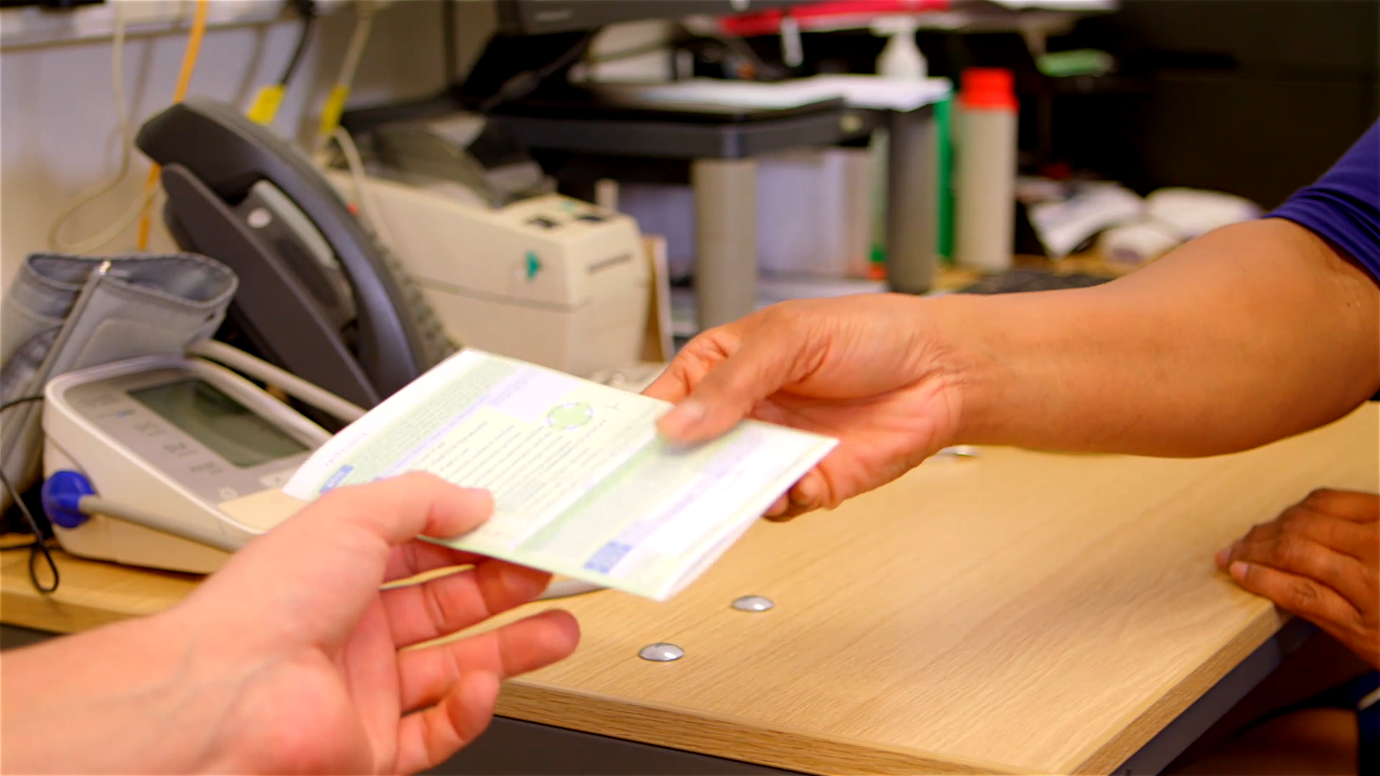
BRIT: Building Recourses to Improve Treatments
Optimising prescribing in Primary Care

There is an urgent need to ensure judicious prescribing of antibiotics in primary care and whilst antibiotic stewardship programmes have had some effect, evidence shows that there is still substantial variability in antibiotic prescribing not only between GP practices but also individuals within a single practice. Clinical complexities, diagnostic uncertainty, health system related pressures (time pressure, policies) and patient factors contribute to the issues of overuse of antibiotics. In addition, risks to patient’s current and future health, when prescribing decisions are made, are difficult to calculate in a 10 minute consultation where access to relevant information within the electronic health record is not easily retrievable.
BRIT2 research
Researchers have worked with GPs to co-develop a series of dashboards and a knowledge support system to help address some of these issues. In addition to practice data analysis, risk models are applied to live clinical data providing a feedback mechanism so that Primary Care practices can gain insights from the analytics in real time.
Data Analytics
The analytics include risk models that have been created, tested and verified using large national patient research datasets, including Clinical Practice Research Datalink (CPRD) and OpenSafely. Data from participating practices is accessed in a trustworthy research environment within Graphnet Health Ltd who host the primary care data for the BRIT2 target trial areas, Greater Manchester and Cheshire and Merseyside. Researchers are able to generate new dashboard views in response to GP request or based on new evidence or inquiry. Analytics for the risk models in the KSS are applied directly to the live patient data in consultation.
Knowledge support system
The Knowledge Support System (KSS) is a DCB0129 compliant piece of software that supports GPs in consultation with patients for common infection related conditions. The KSS retrieves relevant information from EMIS and presents a summary to the prescriber detailing past prescribing history, co-morbidities and personalised risk scores including:
- Risk of complications
- Risk of antibiotic failure
- Risk of increasing resistance
- Risk of side effects (patient over 65)
The relevant NICE (or local area) guideline is made available so that the prescriber has all the information needed to make a prescribing decisions. A personalised patient leaflet provide the patient with all the information to help them understand why an antibiotic has not been prescribed to them. This details the risks associated with patient like them, and the risk factors used to calculate these risk factors.
Dashboards
BRITDemo20221020.mp4 from edd on Vimeo.
The dashboards allows practices to see their antibiotic prescribing by indication or medication and filters can be applied to take a more in depth look at the data. Whilst the data is anonymised to the researcher, authorised practice staff can drill down to identify individual patients.
Clinical Trial
The knowledge support system is being tested in a 2-arm randomised controlled clinical trial which has full NHS ethics approval. Practices are randomised into the KSS arm or not. Those who do not get the KSS will get access to enhanced dashboards The trial will run for 8 months from September 2023-May 2024 and once a quarter the practices will receive an email with information to encourage use of the dashboards – where things have improved, where to target interventions etc. The study will analyse the impact of the digital tools provided to GPs included any health economic impacts.
Funding
The BRIT research is funded by the National Institute of Health Research, Health Data Research UK.
BRIT2 Team
- Principal investigator: tjeerd.vanstaa@manchester.ac.uk
- Project manager: Francine.jury@manchester.ac.uk
- Software engineer: Edward.tempest@manchester.ac.uk
- Data analyst: Ali.fahmi@manchester.ac.uk
- Data analyst: Harriet.cant@manchester.ac.uk
- GP advisor: Anita.sharma@nhs.net

